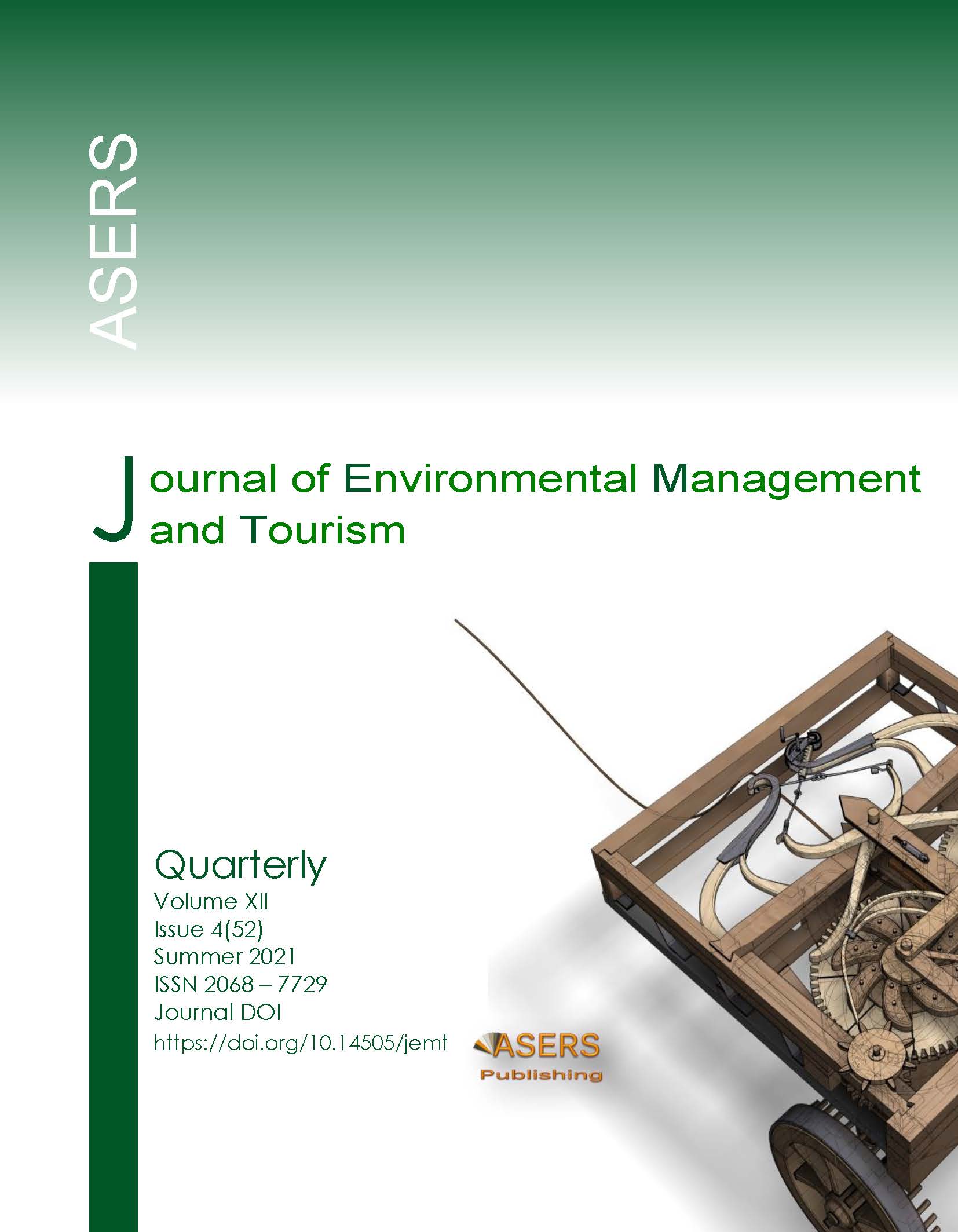How Do Undergraduate Tourism Students Perceive the Service Quality in their Educational Institution? An Assessment Using the SERVQUAL Framework
How Do Undergraduate Tourism Students Perceive the Service Quality in their Educational Institution? An Assessment Using the SERVQUAL Framework
Author(s): Kevin FuchsSubject(s): Social Sciences, Economy, Education, Higher Education , Tourism
Published by: ASERS Publishing
Keywords: tourism education; undergraduate students; Thailand; COVID-19; mass tourism;
Summary/Abstract: Tourism education is an important component and contributor to the tourism industry's global success, particularly as technology and innovation become more prevalent in the hospitality and tourism sectors around the world. Several studies have been conducted on student perceptions of tourism education and the tourism industry's long-term viability in the current and future environment. The importance of a capable, competent, passionate, and dedicated workforce in the service industries in general, and the tourism industry in particular, cannot be overstated. Related studies have also suggested that in the service sector, workers' optimistic attitudes about their work are critical for customer loyalty and satisfaction. Service quality and customer service are leading principles in the business world. Assessing educational service quality is important for encouraging and providing feedback on the effectiveness of educational plans and their execution as higher education institutions compete for competitive advantages and high service quality. In a number of universities, as well as further afield, monitoring student satisfaction with education quality has become an important part of the educational process. This study shows how to use the SERVQUAL system to measure student satisfaction in a more effective way.It entails the use of the SERVQUAL methodology to query and survey five factors related to student services. The proposed instrument was tested on 400 undergraduate tourism students at a large regional university in Thailand. The approach's utility in collecting tourism students' impressions, evaluating them, and reducing them to a form usable by management as an off-the-shelf service quality evaluation tool is demonstrated by rigorous study.
Journal: Journal of Environmental Management and Tourism (JEMT)
- Issue Year: XII/2021
- Issue No: 04(52)
- Page Range: 1076-1084
- Page Count: 9
- Language: English
- Content File-PDF

